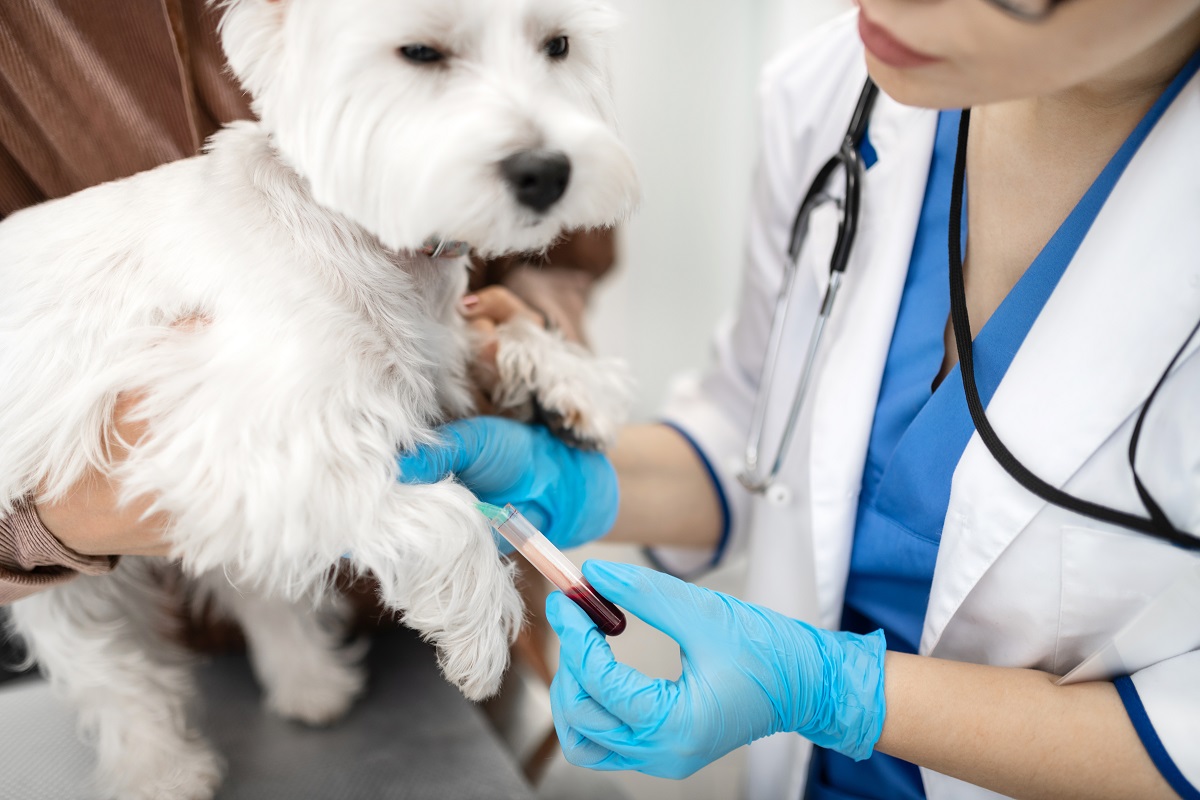Pet owners are being urged to donate their dog or cat’s blood as pet blood supplies across Australia reach critical levels.
Dr Mara Hickey, Specialist in Emergency and Critical Care at the Small Animal Specialist Hospital (SASH) in Western Sydney, said the shortage of blood supply can pose severe problems to patients coming into practices.
“Number one, if we don’t have the blood at all, and we have a patient who needs blood, there’s a much higher risk that they might not survive whatever illness or injury they have.
“Number two, we have to be very thoughtful about which patients we can give blood transfusions to and which ones we might need to not be able to offer that simply because it is a precious resource with significant limitations.”
Dr Hickey could not put her finger precisely on the reason for the shortage but believes it could be a combination of less donors and an increased need for blood as a growing number of veterinary hospitals are becoming more comfortable administering blood transfusions to patients.
Similar to humans, dogs and cats both have blood types. Cats have to be administered blood that is their same exact type, while dogs have a little more flexibility if they’ve never had a blood transfusion before.
“In cats, Type B blood is rarer, and it can be more challenging to find donors for those cats. Approximately 15 per cent of cats in Australia have Type B blood as opposed to Type A. For those patients we do sometimes have a harder time getting our hands on some blood transfused.
“Dogs are not as big of an issue. They either have a negative or a positive blood type. And we can, if they haven’t gotten a transfusion before, give negative blood to positive dog or give positive blood to a negative dog, for the first time at least.”
Dr Hickey said the most helpful thing the public can do right now is to contact their local referral hospitals and see if they run their own blood bank and offer up their pets to potentially act as blood donors.
“We are very careful with our blood donors here at SASH. We screen them annually with bloodwork to make sure that they’re healthy. We have very set protocols in terms of if we need to give them any sedation or not. And really, their pet can help save another pet’s life.”
To stay up to date on the latest industry headlines, sign up to the Pet Industry News e-newsletter.

